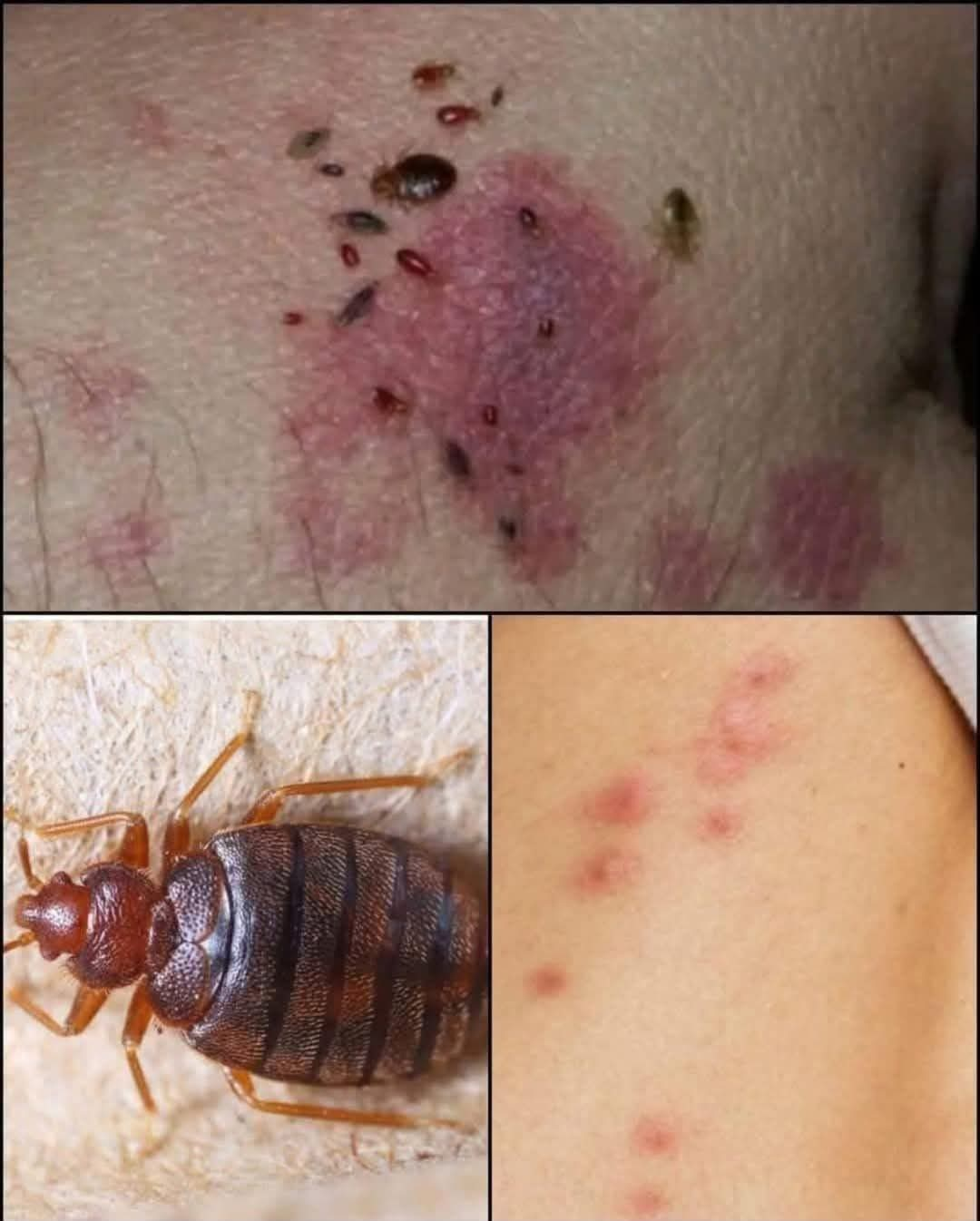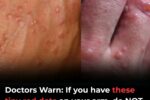BE CAREFUL: If You Spot These Dots on Your Skin, It Could Mean You Have Bed Bugs!

Waking up with mysterious red dots on your skin? You might think it’s just a rash or allergy, but it could actually be something far more unsettling—bed bugs. These tiny insects are masters at hiding and can leave behind small, itchy marks that are easy to miss if you’re not paying attention.
Let’s break down what to watch for and what to do!
How to Recognize Bed Bug Bites
1. Small Red Dots
Bed bug bites usually appear as tiny, red, swollen dots. They may look like mosquito bites but often come in groups or lines.
2. Extreme Itching
These bites can be extremely itchy and may become more irritated the more you scratch.
3. Strange Patterns
Unlike random insect bites, bed bug bites often appear in straight lines or zig-zag patterns.
4. Delayed Reaction
Some people don’t react to the bites immediately. It might take a few hours or even a couple of days for red spots and itching to appear.
Other Signs You May Have Bed Bugs
- Tiny blood stains on your sheets or pillowcases.
- Dark or rusty spots (bed bug excrement) on mattresses and bedding.
- A sweet, musty odor around your sleeping area.
- Tiny eggs or shed skins in mattress seams, furniture, or cracks in the wall.
What to Do If You Suspect Bed Bugs
1. Inspect Your Bedding
Look carefully at the seams of your mattress, behind the headboard, and in the folds of your sheets.
2. Wash Everything
Wash your bedding, clothes, and curtains in hot water. High heat can kill bed bugs.
3. Vacuum Thoroughly
Vacuum your mattress, bed frame, and surrounding areas daily to remove any bugs and eggs.
4. Call a Professional
If you find clear signs of an infestation, it’s best to call a pest control expert. Bed bugs are very difficult to get rid of without professional help.
FAQs
Q: Are bed bug bites dangerous?
A: They are usually not life-threatening but can cause allergic reactions, skin infections from scratching, and major sleep disruptions.
Q: Can bed bugs spread diseases?
A: No, bed bugs are not known to transmit diseases, but their bites can lead to secondary infections if scratched too much.
Q: How did I get bed bugs?
A: Bed bugs can hitch a ride on luggage, clothing, used furniture, or even come from neighboring apartments.
Q: How fast do bed bugs multiply?
A: Very fast. A female bed bug can lay hundreds of eggs in her lifetime, so early action is key.
Final Thought
If you spot unexplained dots on your skin, don’t ignore them. Bed bugs are sneaky but not unbeatable. Quick action, careful inspection, and professional help if needed can protect your home—and your peace of mind!






